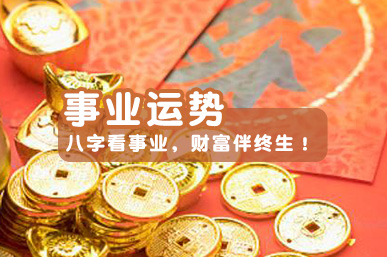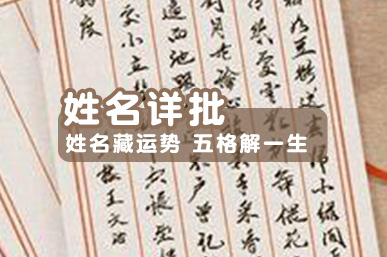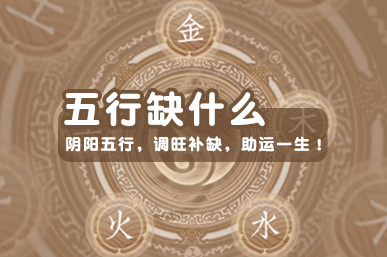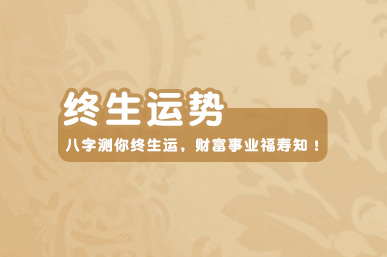八字精批2025运势命中贵人八字合婚
欧
阳: The Name with a Rich Chinese Heritage The name "欧阳" (Ōuyáng in pinyin) is one of the most common Chinese surname with a rich history that spans over a millennium. It is a compound word made up of two Chinese characters, "欧" and "阳." The "欧" character has a meaning of "western" or "elegant," while "阳" means "sun" or "positive." Together, they indicate someone who is proud and noble, with a radiant personality. The origins of the name "欧阳" can be traced back to the Western Han dynasty (206 BCE - 24 CE). It was bestowed upon the descendants of Ou Yezi, a renowned swordsmith of ancient China. According to legend, Ou Yezi forged a sword that was so sharp it could cut a piece of silk floating in the air. The sword was later named "Ganjiang," and Ou Yezi became a revered figure in Chinese culture. Over time, the Ou Yezi family became powerful, and the name "欧阳" became associated with nobility and intellectuals. During the Tang dynasty (618-907 CE), many prominent scholars and officials were surnamed "欧阳." One of the most famous was Ouyang Xiu, who was not only a prolific writer but also a statesman and military leader. His works, such as "Tongjian Gangmu" and "Zuiweng Tingji," are considered masterpieces of Chinese literature. In modern times, the name "欧阳" is still widely used, both in China and overseas. It has become a popular name for Chinese boys, reflecting the rich cultural heritage of the name. Many people with the name "欧阳" excel in fields such as academia, science, and the arts. They are known for their intelligence, creativity, and independence. In conclusion, the name "欧阳" is not just a name. It is a symbol of a proud and noble heritage that spans over a millennium. It represents the best of Chinese culture, including creativity, wisdom, and perseverance. For those who bear this name, it is a privilege and a responsibility to continue this legacy of excellence.









